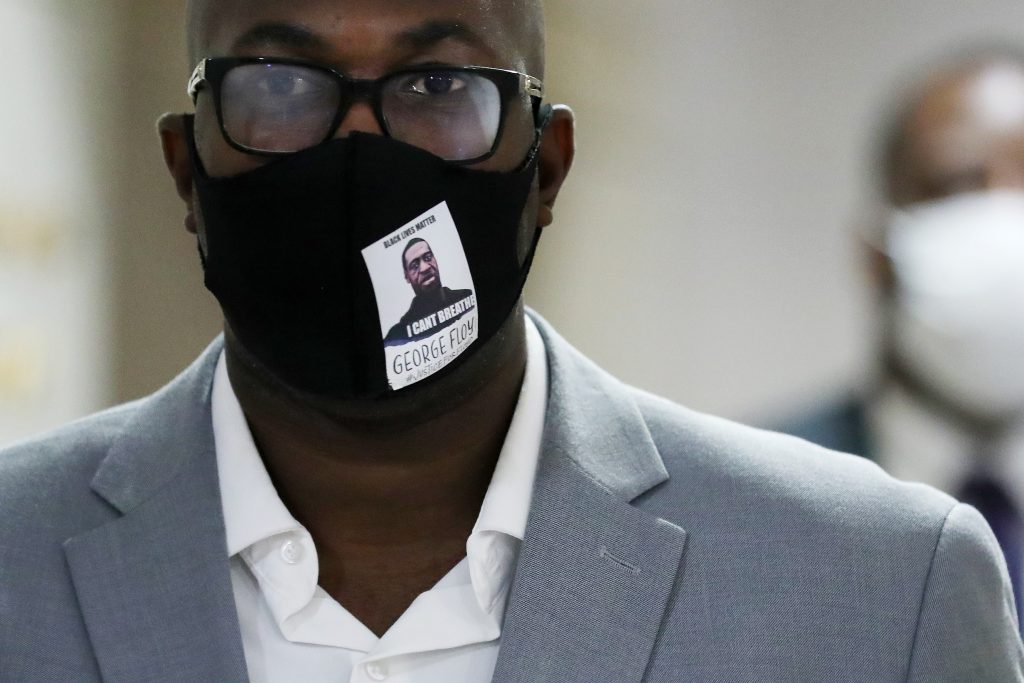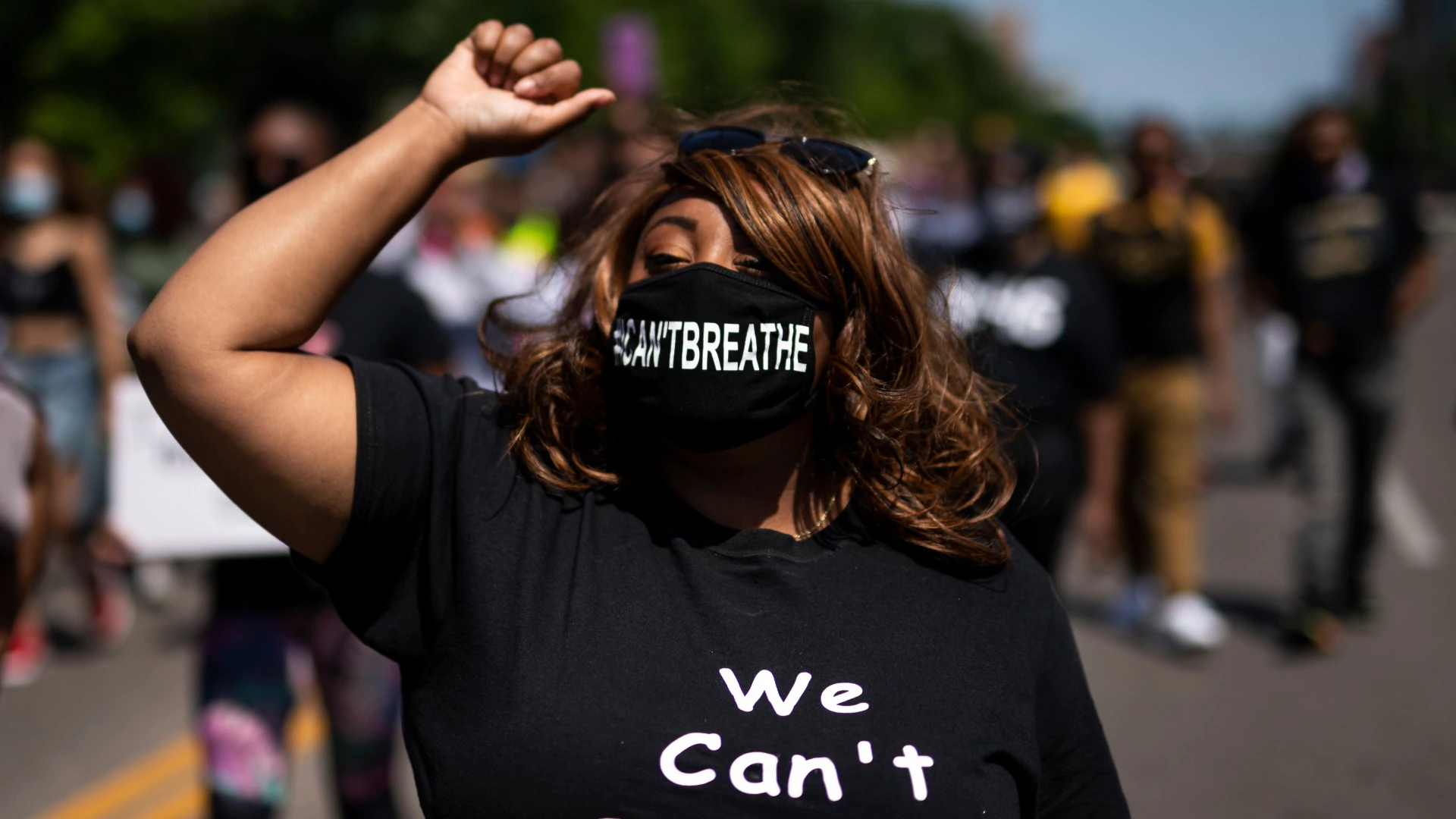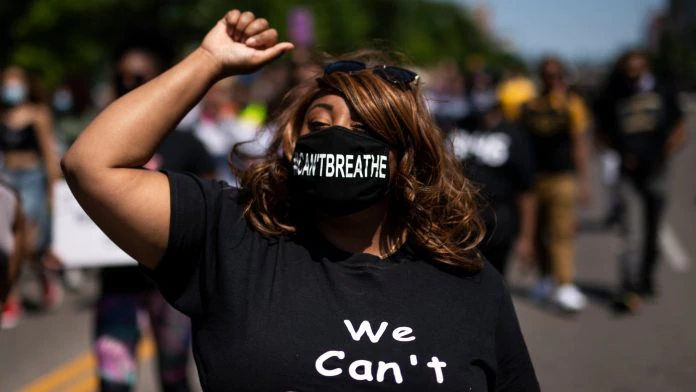[ad_1]
Americans have been struggling with unprecedented levels of depression and anxiety due to the coronavirus, and now a new study has confirmed what many of us suspected all along: Black American’s stress levels have skyrocketed even more following the death of George Floyd.
READ MORE: Insecure’s Nathan reminds us that Black men are allowed to struggle with mental health too
According to a study conducted by the federal government, initially intended to examine the effects of the coronavirus, the trauma experienced as a result of the graphic video of Floyd’s murder, worldwide demonstrations and heated debates about race, have all taken a serious mental toll on Black and Asian Americans.
Both emotionally and mentally these two groups have been disproportionately and adversely impacted while rates of anxiety and depression have remained relatively stable among white Americans and even decreased among Latin Americans.
The Washington Post reports, “The rate of Black Americans showing clinically significant signs of anxiety or depressive disorders jumped from 36 percent to 41 percent in the week after the video of Floyd’s death became public. That represents roughly 1.4 million more people.
Asians and African Americans show sharp increases in mental health problems amid protests, while white Americans were relatively untouched, Census Bureau finds. https://t.co/WYBXNnDTVR
— Soraya Chemaly (@schemaly) June 14, 2020
Among Asian Americans, those symptoms increased from 28 percent to 34 percent, a change that represents an increase of about 800,000 people.”

This disturbing new data comes from a weekly survey of U.S. households that was launched by the Census Bureau at the end of April. Included in the 20-minute 2020 Household Pulse Survey were questions commonly used by doctors to help determine whether patients might be suffering from a major depressive disorder or generalized anxiety disorder.
READ MORE: Silence The Shame founder Shanti Das talks trauma, mental health
The results of these surveys have provided health professionals with a real-time snapshot of the country’s collective mental health.
Have you subscribed to theGrio’s new podcast “Dear Culture”? Download our newest episodes now!
[ad_2]
Source link


